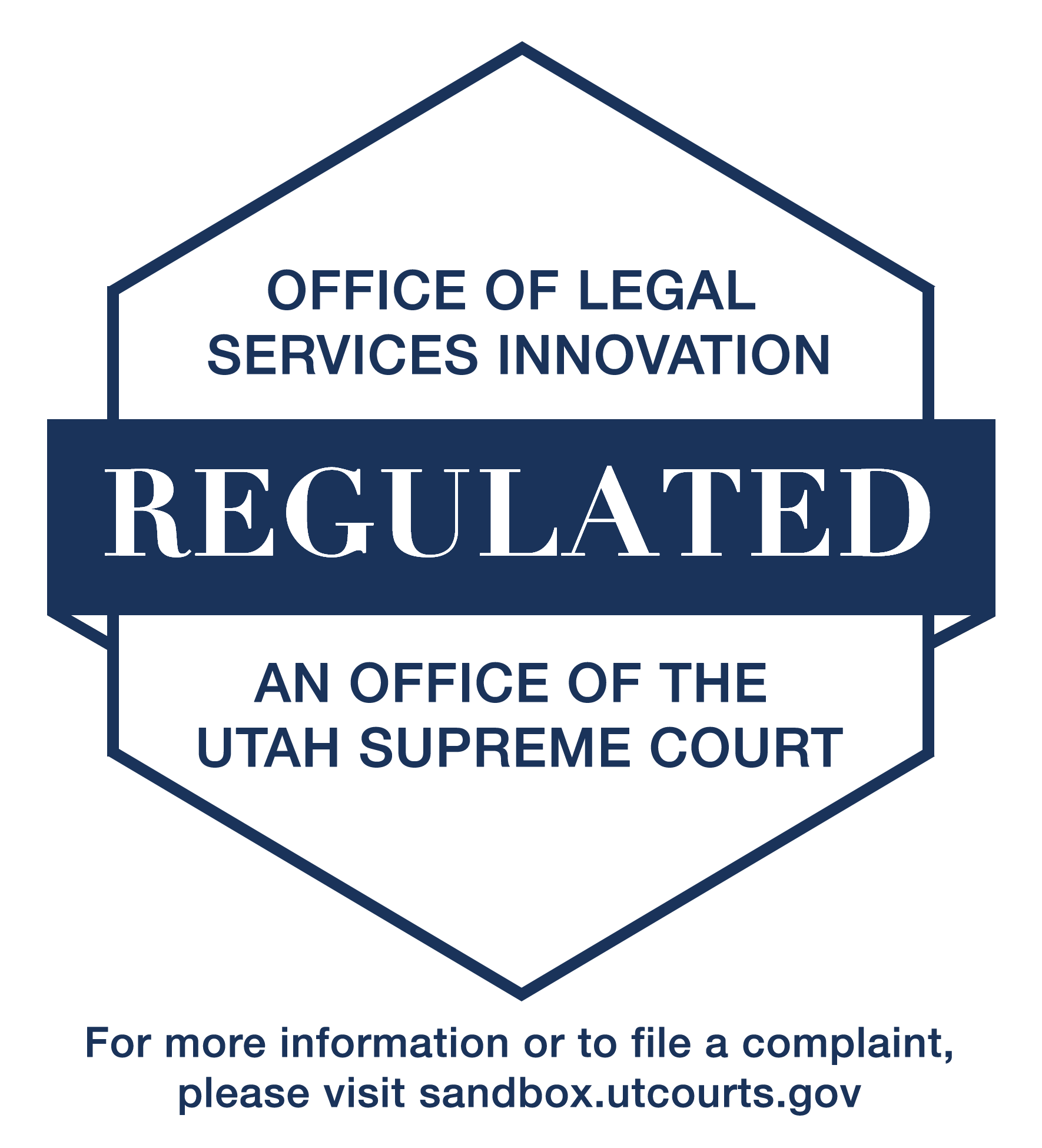Business Forms
By law, businesses can take many forms. Some forms require little or no formality to form and operate, while others require a great deal of formality. It is of utmost importance for anyone trying to do business in the marketplace consult with an attorney in order to figure out the best business form for one’s individual circumstances in order to best protect that individual’s assets. Some of the legally recognized business entities include:
- Sole proprietorship
– This is a business form in which one person owns all of the business assets. All profits and losses flow through the owner. The plus side of this is that the owner gets to keep all the money the he or she earns, but the downside is that the owner is also personally liable for losses. In order to decide is this is the best business form for your business needs, an experienced attorney should be consulted. - Partnership
– This is a business form that is very similar to a sole proprietorship with the only major difference being that more than one person owns all of the assets and all profits and losses flow through the owners. There are no formalities required to form a general partnership, two or more people need only come together and conduct themselves in a manner that asserts that they are conducting a business for profit. However, it is very important that anyone seeking to form a business of any kind seek the guidance of an experienced attorney in order to come up with an asset protection plan that will fit his or her individual needs. - Limited Partnership
– This business form requires registration with some business regulation entity within the state in which the partnership business will be conducted. This business form includes at least one partner who will take personal responsibility for all debts and losses (this partner will also be doing most of the decision making because management rights will rest with him or her), while the rest of the partners are protected from personal liability. - Limited Liability Company
– This type of business provides limited liability for owners (like a corporation) but provides the tax benefits of a partnership, and is perhaps the most popular business form for small business. In order to do business under the umbrella of “LLC”, the proper paperwork must be filed with the business regulation entity within the state in which the company will be conducting its business. - Corporation
– This is perhaps the business form that we are all most familiar with. Entities with massive amounts of shareholders/partners/managers take the form of a corporation. The owners of a corporation are generally called shareholders and hold limited liability (meaning that they are not personally liable for the obligations of the corporation). The risk that is made when entering into a corporation is the percentage of ownership in the corporation (meaning that the person’s total loss is decided by the number of shares that each individual holds). One very important thing to remember when discussing the corporation business form is that the law does recognize corporations that do not follow all of the statutory requirements of formation (corporations that may not have filed the right paperwork yet exercise corporate privileges regardless), however, it is very important to remember that the safest route is to always speak with an experienced business attorney when seeking to enter the marketplace as a corporation (or any business entity for that matter). That way, you can be sure that all of the procedures necessary to form your business are done correctly (making for a better night’s sleep). There are several aspects of corporations that make them a truly unique business form.- Limited Liability – like an LLC, owners of a corporation are not personally liable for any losses or other corporate liability.
- Management – a corporation is not managed by the shareholders, rather, a board of directors is elected to manage the day to day business operations.
- Ownership – a corporation is owned by the shareholders, and as a general matter, that ownership interest can be freely given away.
- Duration – a corporation, once properly formed, can exist in perpetuity despite any changes that may take place.
- Legal Recognition – Constitutionally, a corporation is considered a person entitled to due process and free from self incrimination. A corporation is considered a resident of the state on which it is incorporated and can also be considered a resident of its principal place of business (if different from the state in which it is incorporated).

